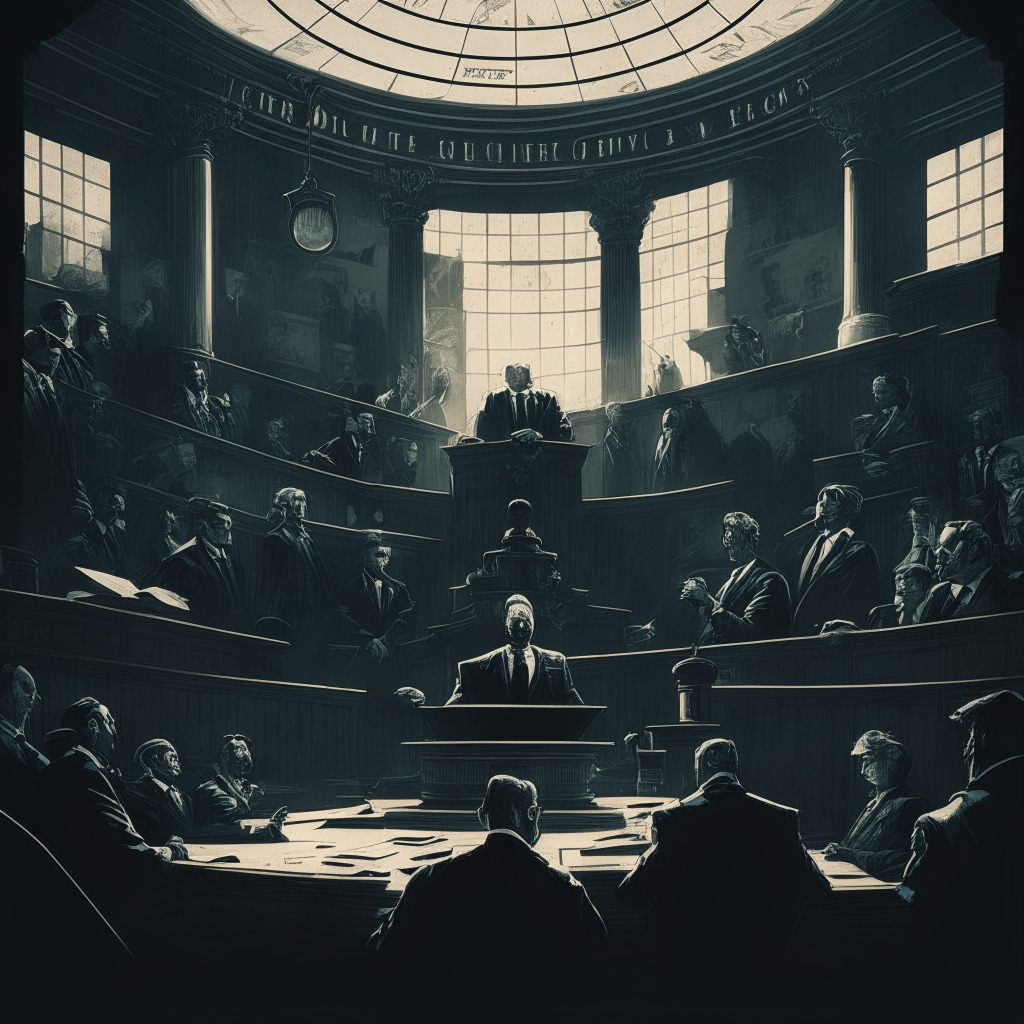Over the past fortnight, the cryptocurrency community has observed a whirlwind of legal and regulatory modifications that have rippled through the ecosystem. The developments encompass everything from fraudulent activities and securities violations to governmental inspections into international money laundering operations.
At the center of the storm was Alex Mashinsky of Celsius, who was thrown into the spotlight following his arrest on charges of securities fraud, commodities fraud, wire fraud, and conspiracy to manipulate the price of CEL (Celsius’ token). Despite issuing not guilty pleas, the Securities and Exchange Commission, the Commodity Futures Trading Commission, and the Federal Trade Commission waved the flag of legal repercussions leading to the settlement between the FTC and Celsius.
In a parallel narrative, a federal judge took a commanding role in the case against Ripple Labs ruled by the U.S. Securities and Exchange Commission. While Ripple was found to have violated securities laws through its institutional sales, it managed to evade the same verdict for introducing XRP to exchanges and retail public procurement.
Meanwhile, the G20 demonstrated its support for the Financial Stability Board’s recommendations regarding stablecoin and crypto asset arrangements. Deltec Bank, on the other hand, had around $58 million of its funds commandeered by the U.S. Secret Service amid suspicions of money laundering.
In the meantime, Marathon Digital Holdings came under fire from a shareholder claiming that the company’s directors and officers had made fabrications regarding Marathon’s revenue and operational functions. Additionally, the Nevada Department of Business and Industry authorized the placement of crypto custodian Prime Trust into receivership.
The regulatory scene also made room for decentralized finance, with a group of senators unveiling a bill aiming to impose banking regulations onto the sector. In a crucial operational development, the Federal Reserve commenced its FedNow instant payments service.
In an act of restructuring, the Department of Justice amalgamated its National Cryptocurrency Enforcement Team into its broader cyber unit. The SEC raised questions surrounding its case against Terraform Labs pointing out the Ripple ruling, stirring up discussions on potential standard variations which could pave the way for an appeal.
These instances underpin the constant evolution of the cryptocurrency sphere, revealing the dynamic challenges faced as a result of discrepancies between old financial structures and new technological innovations. As the crypto world continues to mature, it’s essential for regulations to keep pace, ensuring stability without stifling innovation.
Source: Coindesk




